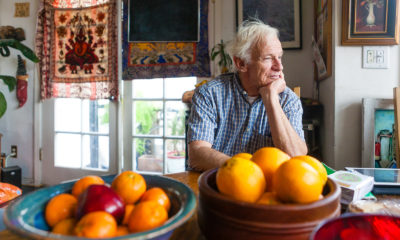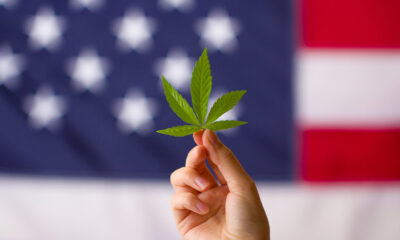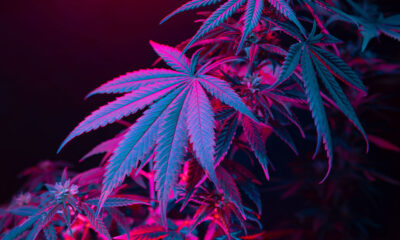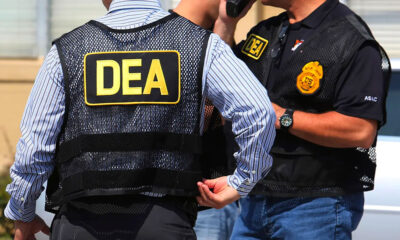
Politics
Marijuana Could Shed ‘Most Dangerous Drug’ Status This Month
The Drug Enforcement Administration is preparing to announce within the next 30 days a potentially historic change in how they treat cannabis.
According to the Orange County Register Saturday, a spokesperson for the DEA said officials there “clearly anticipate something happening in the next month.”
The United States government considers marijuana the most dangerous drug on the planet — a so-called “schedule 1” drug alongside LSD and street heroin deemed to have no medical use and a high potential for abuse. By contrast, the DEA deems opioids like OxyContin — which have driven America’s prescription pill overdose epidemic — safer and allows their widespread distribution.
A national chorus has risen to remove cannabis from the dangerous drugs list entirely, and some 56 percent of Americans support marijuana legalization.
In 2011, former Democratic governor of Washington state Christine Gregoire told the DEA in a letter that cannabis’ schedule 1 classification was “fundamentally wrong and should be changed.”
A majority of physicians believe cannabis should be re-scheduled, according to a 2014 MedScape of roughly 1,500 doctors, with 82 percent support among responding oncologists. “If physicians are in support of cannabis as a medicine, why is it not medicine?” said Dr. Donald Abrams — a leading oncologist in San Francisco.
This weekend, the Democratic Party narrowly called for a pathway to pot’s legalization.
But the DEA is expected to fall far short of expectations. DEA spokesman Melvin Patterson said “we’re bound by the science,” regarding cannabis’ federal classification. In reality, the federal government has regularly overruled science to keep cannabis as schedule 1, where it has been since the creation of the Controlled Substances Act under President Nixon.
Anti-marijuana critic Kevin Sabet told reporters that the chance of the DEA rescheduling pot were “close to zero”. The DEA has for decades rejected petitions by doctors and scientists to re-classify pot.
There is a high likelihood the DEA will leave whole plant cannabis as a schedule 1 drug, while downgrading the danger rating for the therapeutic marijuana molecule cannabidiol (CBD).
For example, cannabis’ main active ingredient, THC, has been available in pure pill form since the ‘80s as Marinol or Dronabinol. Dronabinol is classified as schedule 3 (like codeine) and is available. The THC pill is widely disliked by patients who say it makes them sick to their stomach and far too euphoric. Leading researchers state that cannabis has an entourage effect caused by the interaction of the plants hundreds of constituents that is far greater and more therapeutic than single cannabinoids alone.
Several drug enforcement officials, including the head of the National Institute on Drug Abuse Nora Volkow, have called for CBD’s re-classification.
A schedule 2 designation would make the CBD molecule easier to research, but would be largely symbolic for the vast majority of America’s medical marijuana patients. Patients would not see CBD in pharmacies for years. Meanwhile, 37 states have some form of medical marijuana law, with Arkansas, Missouri, and Florida potentially joining the list this election. One in 20 California adults are estimated to have used medical marijuana for a serious condition, with 92 percent of them saying it worked.
What do you think the DEA will do?
























